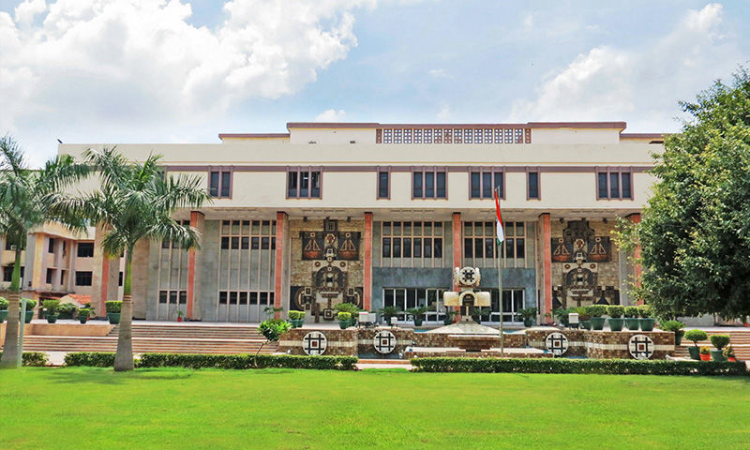The Delhi High Court has held that Section 69A of the Income Tax Act can only be invoked where books of account are maintained.The bench of Justice Rajiv Shakdher and Justice Girish Kathpalia has observed that the assessee is a non-resident Indian, and his source of income in India is interest on bank accounts and interest on income tax refunds. He is not obliged to maintain any books of...

